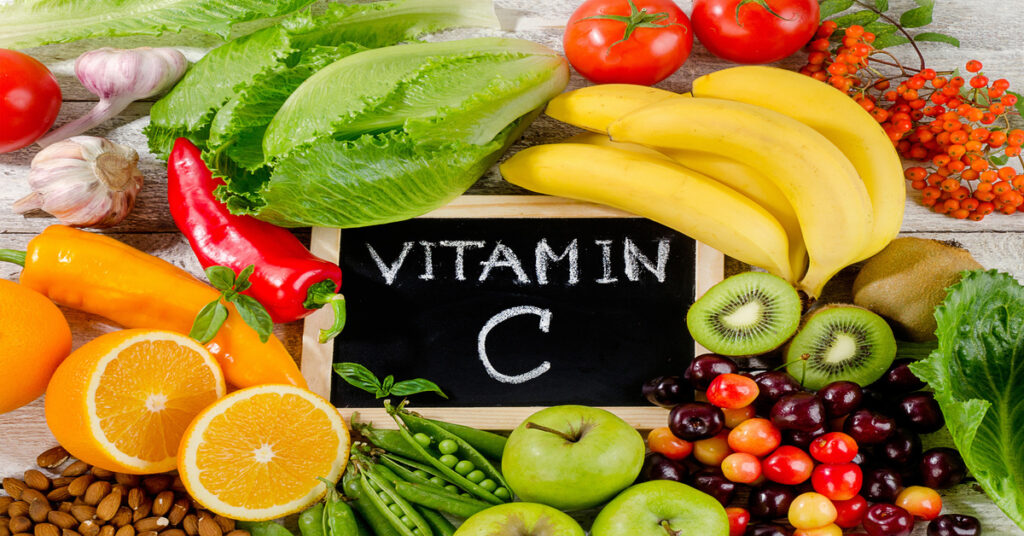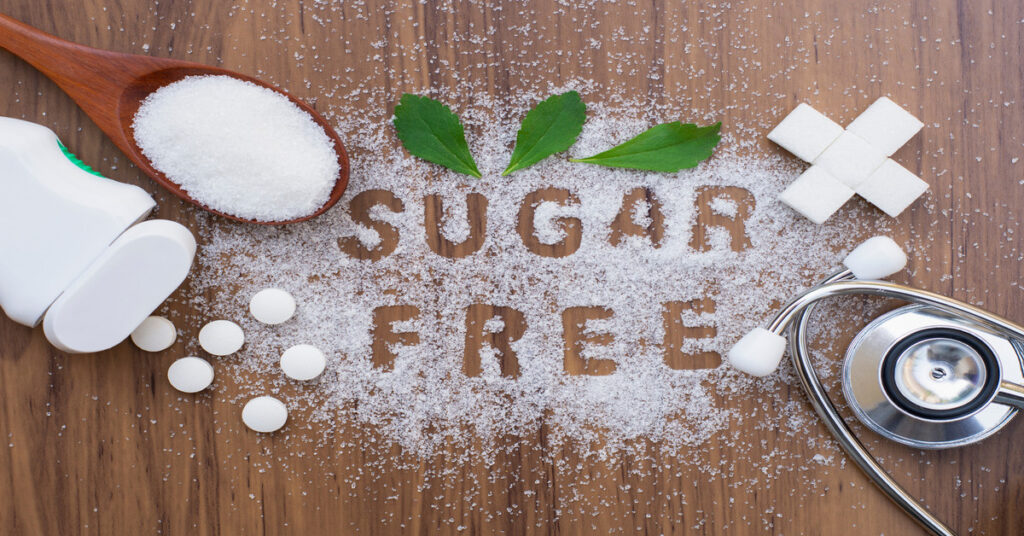
Similar Posts

GLYCINE
Glycine is an amino acid that plays a crucial role in a wide range of physiological processes. It is involved in the synthesis of proteins, neurotransmitters, and other important molecules in the body. Additionally, recent research has revealed that glycine supplementation can play both stimulatory and depressant roles in the brain. Glycine supplementation can improve…

VITAMIN C
Vitamin C, also known as ascorbic acid, is a vital nutrient for human health. It plays an essential role in the body’s growth, development, and repair. One of the most well-known benefits of Vitamin C is its antioxidant properties, which help protect the body from damage caused by free radicals. In addition to this, Vitamin…

ALCOHOL PROTOCOL
It is ultimately up to personal preference whether or not to consume alcohol. The information presented here is based onthe current body of research. There has been an ongoing debate about whether or not calories from alcohol should be considered when counting overall caloric intake. Studies suggest that drinkers tend to weigh less than non-drinkers,…

HEAT THERAPY
Heat therapy, also known as thermotherapy, has been used for centuries to treat a wide range of ailments and is still widely used today. This form of therapy involves the application of heat to the body to increase circulation, reduce inflammation, and promote relaxation. Heat therapy can be delivered in various ways, including through the…

GREEN TEA EXTRACT
In recent years, green tea extract has emerged as a popular dietary supplement due to its potential health benefits. It contains a variety of phytochemicals, including catechins such as epigallocatechin gallate (EGCG) and caffeine. These compounds have been extensively studied for their ability to improve various health indices, such as body composition and metabolic health….

ARTIFICIAL SWEETENERS
Artificial sweeteners, also known as non-nutritive sweeteners, are man-made substitutes for sugar, often found in processed foods marketed as “diet” or “sugar-free.” These substitutes can include acesulfame K, aspartame, saccharin, sucralose, and xylitol. Despite being approved for use in foods and beverages by authoritative bodies such as the U.S. Food and Drug Administration and the…
